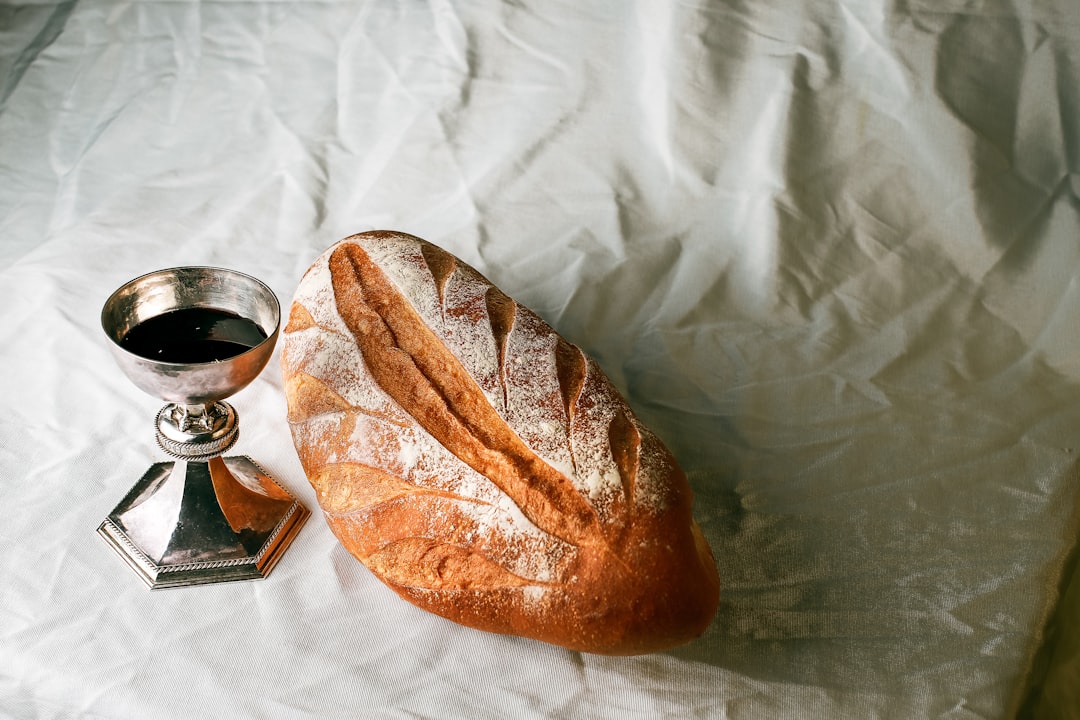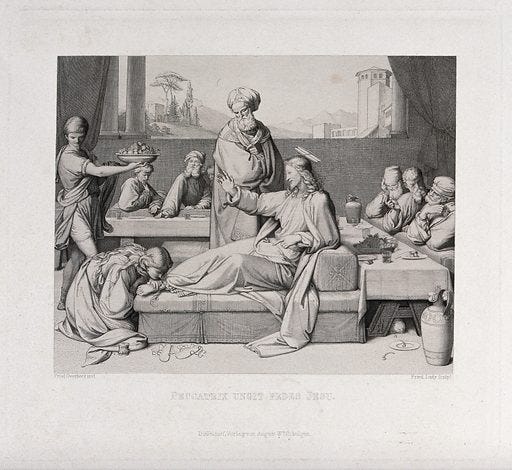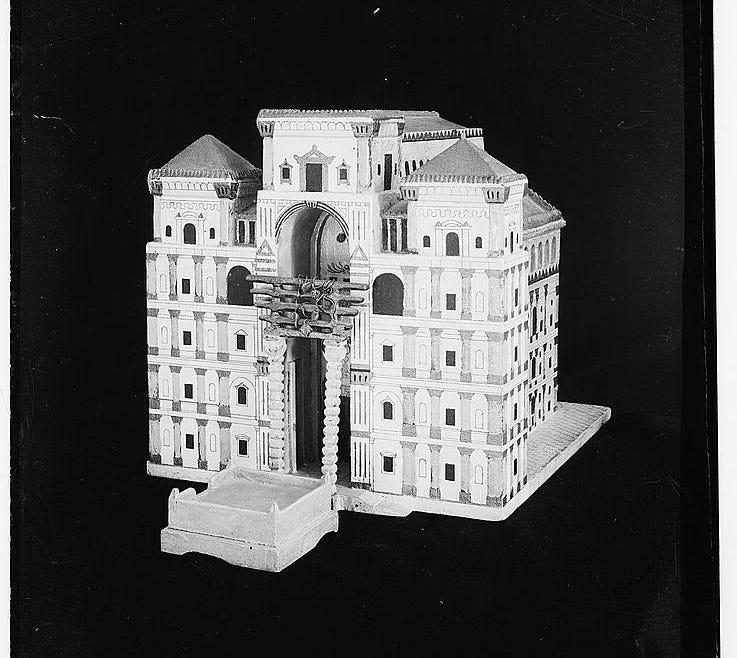Rising and Falling
Description
Transcript generated by AI. Please comment if you notice any errors.
1 Samuel Recap: Where is Your Confidence?
Introduction: A Question of Confidence
Lord willing, my plan is to start into 2 Samuel next week, and so before we did that, I wanted to kind of recap, since it's been several months since we were in 1 Samuel. I want to recap the book, but rather than going blow by blow and just give you an outline of the book and fill that in, I actually want to look at 1 Samuel chapter 2.
As we turn here, I want to ask you a question. Where is your confidence? Where is your confidence? What gives you hope in life? Where do you trust? Whom do you trust?
Hannah's Desperation and God's Answer
1 Samuel opens in a strange place. 1 Samuel opens with a story of a woman named Hannah, who seems pretty insignificant. She's a barren woman. She's one of two wives of this man named Elkanah. And she, unlike the other wife, can have no children. And the text tells us that Elkanah loved Hannah more than he loved his other wife. But because the other wife had children, she had greater status in that society. All of a woman's worth, essentially, would have been wrapped up in her ability to produce and then raise children. And here Hannah was barren.
And what we find in chapter 1 of 1 Samuel, is a woman who is desperate before the Lord. And she comes, and she comes up to the place where the tabernacle was, Shiloh, and she is pouring out her heart to the Lord. She is weeping and praying silently.
But she's also in a society where God is not held in the esteem that he should be. There is a priest there at Shiloh, and his name is Eli. But Eli is something of a joke. And he sees someone there pouring her heart out to the Lord, crying. And the only category that he has for a woman acting like that is, she must be drunk. And so he comes and he rebukes her for her drunkenness. And she says, no, I'm not drunk. I'm pouring out my heart to the Lord. And he tells her, well, it seems almost like he's just trying to get rid of her. Like, okay, God will grant you your request. Like, get out of my presence, you hysterical woman.
And she goes home. But God does grant her request. She's given a son, Samuel, and then she brings him back to the Lord. Once he's weaned, she brings him to the temple and dedicates him to the Lord.
So she goes from chapter 1, pouring out her heart. In desperation, she has nowhere else to turn but the Lord.
Hannah's Song: The Foundation of 1 and 2 Samuel
But then in chapter 2 we come, and here in chapter 2 we have one of the two songs or poems that really brackets the text of 1 and 2 Samuel. 1 and 2 Samuel were originally one book, and this song in 1 Samuel chapter 2, the song with Hannah... It really lays out the groundwork for everything that follows and will be bracketed at the end of 2 Samuel by the Song of David.
I want to read 1 Samuel 2, beginning in verse 1. And Hannah prayed and said, My heart exalts in the Lord. My horn is exalted in the Lord. My mouth derives my enemies because I rejoice in your salvation, Lord. There is none holy like the Lord, for there is none besides you. There is no rock like our God. Talk no more so very proudly, let not arrogance come from your mouth. The Lord is a God of knowledge, and by him actions are weighed. The bows of the mighty are broken, but the feeble bind on strength. Those who are full have hired themselves out for bread, but those who are hungry have ceased to hunger. The barren has borne seven, but she who has many children is forlorn. The Lord kills and brings to life. He brings down to Sheol and raises up. The Lord makes poor and makes rich. He brings low and he exalts. He raises up the poor from the dust. He lifts the needy from the ash heap to make them sit with princes and inherit a seat of honor. For the pillars of the earth are the Lord's, and on them he has set the world. He will guard the feet of his faithful ones, but the wicked shall be cut off in darkness. For not by might shall a man prevail. The adversaries of the Lord shall be broken to pieces. Against them he will thunder in heaven. The Lord will judge the ends of the earth. He will give strength to his king and exalt the horn of his anointed.
Lesson One: Seeing Yourself Rightly
The first thing that I think we need to see in this is that Hannah sees herself rightly. One of the main lessons of 1 and 2 Samuel is we have to see ourselves rightly. And she sees herself as someone who has nowhere to turn with God.
If you have confidence anywhere or in anything else, if you're counting on your position in life, your accomplishments, your own abilities... Or maybe you know that I can't do it, but I'm going to look for a savior out there. Someone else is going to help me, whether that's a spouse. If I find the right person, that person will fulfill me. Or it's some political figure who, if we could get this person in office, things will just be better. If you're looking for another person outside of you to make things okay for you, things will not go well.
But Hannah understands that needs. And the only one who can satisfy, the only one who can fulfill what I need is the Lord. And she turns to him. And what we see in her prayer is that the Lord is mighty. He is the one who is able to save. He is the one who sees the poor. Verse 7, the Lord makes poor and makes rich. He brings low and he exalts. Verse 8, he raises up the poor from the dust. He lifts the needy from the ash. So this woman sees herself rightly, and she goes to the only one who can satisfy. She goes to the Lord.
God's Might in Action
And then as we see the actions of the Lord throughout the book of 1 Samuel, we see, first of all, again, that he is a mighty God. And as this narrative unfolds, we'll talk about Eli and Samuel in a minute, but in the next couple chapters, we're going to see Samuel come into ministry, and Eli's family fall down. Literally fall down and die. And then the ark of God, the visual representation of God's presence in Israel, is carried off into captivity. And in that time, though the people of God are a mess, though the ministers of God are worthless, God is still acting. God still shows himself to be mighty by defeating the Philistines all throughout their region.
First, they take the Ark of God and they place it in the temple of Dagon. And Dagon keeps falling over and worshiping. Dagon, this lifeless idol, the statue falls over before him. And then the statue falls over and breaks off the head and the arms representing his strength and his might. Such that the Philistines say, okay, we've got to get this out of here. Dagon's not doing too well with Yahweh around. So we get the Ark of the Covenant out, and then they start passing it around. And every place the Ark of God goes in Philistia, there is trouble. People get sick, people die, and they finally end up sending them back to Israel.
God shows himself to be mighty, totally absent his people. He doesn't need his people at all. He still shows himself to be mighty.
The Pattern: God Brings Down and Raises Up
But the other theme that we see here in Hannah's prayer is that the Lord is the one who exalts and the Lord brings low. And that is the story of 1 Samuel, is this bringing up and bringing down.
The Fall of Eli's House
So first, you see the priest who's ruling at that time. There is no king in Israel. If you remember from the book of Judges, that's one of the refrains in the book of Judges. There was no king in Israel, and everyone did what was right in his own eyes. The beginning of this book is still in the time of the Judges. So Samuel's life probably starts about the same time as Samson's life in Judges 13. They're probably born about the same time.
...under the judgeship of Eli, who is also the priest. And Eli, though we don't have a lot of negative things said about him specifically, his sons, it says, are worthless. 1 Samuel 2.12 Now the sons of Eli were worthless men. They did not know the Lord. And the way that that's expressed is we see that these men, who are themselves priests... are sleeping with the women who serve at the at the tabernacle they are stealing from the sacrifices the the fat portions that are supposed to be set apart as burnt offerings from for the lord they steal that so that they can eat it because well who wants to eat the leftovers let's eat the good stuff we're here and you get down into later in chapter two and god calls eli to account because he although eli would rebuke his sons from time to time and say what are you doing guys
He never actually enforced any consequences on them. And in verse 29 of chapter 2, God says to Eli, Why then do you scorn my sacrifices and my offerings that I commanded for my dwelling, and honor your sons above me by fattening yourselves on the choicest parts of every offering of my people Israel?
So God calls Eli out on the carpet for honoring his sons above the honor of God, above the glory of God. And he tells him down in verse 35, Verse 34, rather. And this that shall come upon your two sons, Hophni and Phinehas, shall be assigned to you. Both of them shall die in the same day. And then he gives a prophecy. I will raise up for myself a faithful priest who shall do according to what is in my heart and in my mind. And I will build him a sure house, and he shall go in and out before my anointed forever.
In the next couple chapters, you see the calling of Samuel. And then... Israel goes to battle with the Philistines. The Philistines are this group of people originally from the island of Crete who had moved down, starting several hundred years before this, but they moved into the land that became Philistine territory on the west bank there. And they set up these five mini-kingdoms, the five cities of the Philistines, and they started to
























